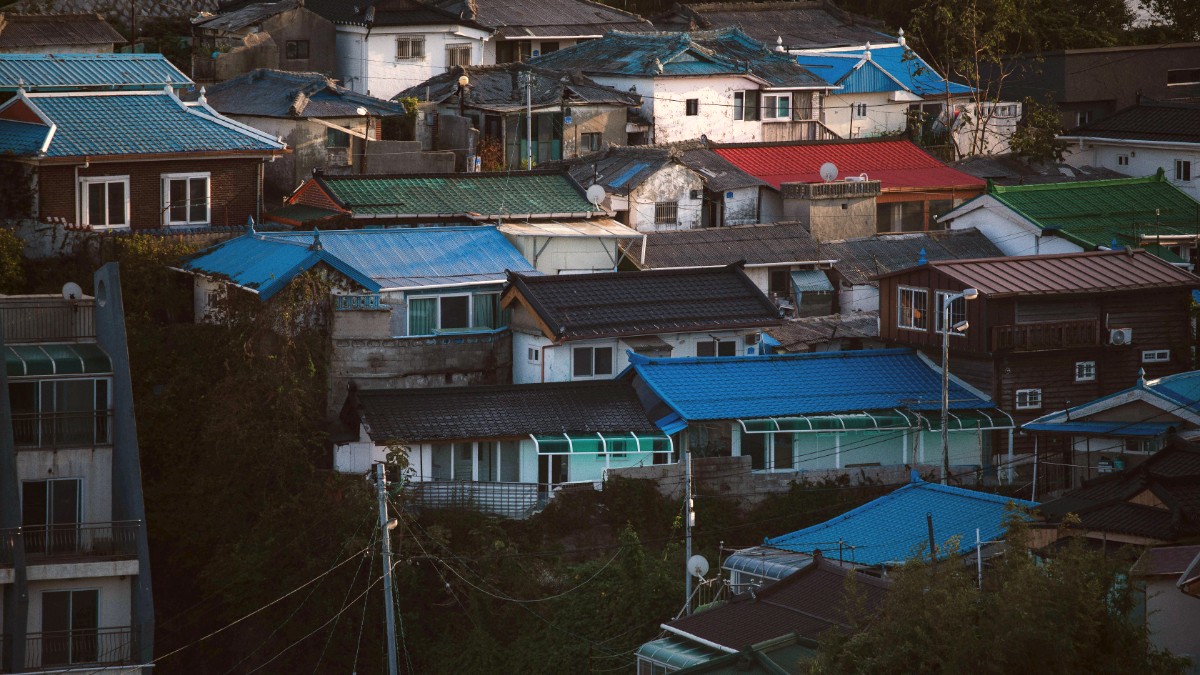
Gang Won Do, South Korea
Local prepaid SIM cards or eSIMs offer data and local calls upon arrival. Options exist for various durations.
South Korea presents some of the world's best internet infrastructure. Free Wi-Fi is widely available.
The official language is Korean (Hangul). While English proficiency improves, a language barrier may persist in Gangneung.
Korea Post (우체국) branches are common in Gangneung. International mail services are available.
Papago is a superior translation app for Korean. Learning a few basic phrases significantly assists interactions.
Knowing typical operating hours assists your planning.
Weekdays, generally 9:00 AM - 4:00 PM. Closed on weekends and public holidays.
Generally 10:00 AM - 9:00 PM for larger stores. Smaller shops and traditional markets have variable hours.
Lunch: 11:30 AM - 2:00 PM. Dinner: 5:30 PM - 9:00 PM. Many close for an afternoon break.
Automated Teller Machines are widely available. Find them at banks, subway stations, shopping centers, and convenience stores.
South Korea observes several national holidays. Many follow the Lunar Calendar, so dates vary each year.
Always verify operating hours for specific attractions or businesses, especially during public holidays or specific seasons.
Navigating local customs assists your experience and interactions.
A slight bow is customary, especially for elders or those perceived to be of higher status. Handshakes are common among men and often with foreigners.
Generally, modern casual wear is acceptable. Modest attire is respectful when visiting temples or shrines.
Wait for elders or hosts to begin eating. Do not place chopsticks upright in your rice bowl. Hold the bottle with two hands when pouring drinks.
Generally fine to photograph public places, landscapes, and attractions. Be mindful of privacy and avoid photographing individuals without permission.
A slight bow when greeting and using two hands when exchanging items shows respect. Tipping is not customary.
Accessibility infrastructure is improving in South Korea, but challenges may persist for travelers with mobility needs.
Newer buildings, major hotels, and public facilities increasingly feature ramps, elevators, and accessible restrooms. Older structures may pose difficulties.
Many larger hotels provide accessible rooms and facilities. Recently built or renovated attractions include ramps and elevators.
Braille signage and audio announcements exist in some public transport systems, specifically in Seoul.
Korea Tourism Organization (KTO) provides information. Their 1330 hotline presents a valuable resource.
Prioritize researching specific attractions and transportation options. Contact the KTO 1330 hotline for current accessibility details.